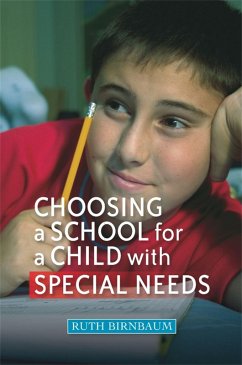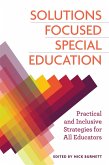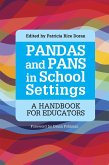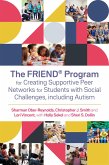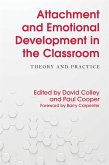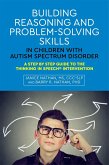If you are considering placing a child with special needs at a new school, it can be difficult to know where to begin. Should you choose a special school, or a special unit within a mainstream school? What will be the involvement of therapists? Maybe home schooling would be best? Whether the child has autism, dyslexia or any other special educational, emotional or behavioural difficulty, this book will help you find the school that suits the child best.
From drawing up a list of possibilities and setting up a school visit, to asking the right questions and recording your opinions in order to make an informed decision, Choosing a School for a Child with Special Needs will guide you through this complex and stressful process with confidence and ease.
Whether you are a parent seeking a special school, a professional researching a school, or a teacher recommending what to look for in a school, this book is a must-have reference for anyone taking school placement seriously.
From drawing up a list of possibilities and setting up a school visit, to asking the right questions and recording your opinions in order to make an informed decision, Choosing a School for a Child with Special Needs will guide you through this complex and stressful process with confidence and ease.
Whether you are a parent seeking a special school, a professional researching a school, or a teacher recommending what to look for in a school, this book is a must-have reference for anyone taking school placement seriously.
Dieser Download kann aus rechtlichen Gründen nur mit Rechnungsadresse in A, D ausgeliefert werden.

